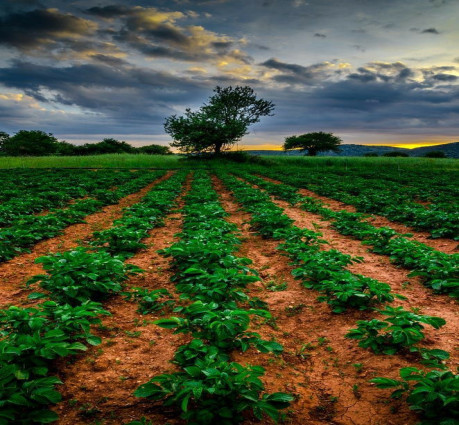MSc agriculture is a two-year postgraduate degree course. After completing BSc Agriculture, candidates can opt to study MSc Agriculture. MSc Agriculture offers a number of specializations, like Agronomy, Biotechnology, Agricultural Economics & Farm Management, Plant Physiology, Entomology, Agricultural Machinery, Plant Biology, Plantation Management, and Biochemistry. In total, there are 12 disciplines available for the course.
Duration of programme
Level of Study

You will first build a strong scientific foundation in agriculture by studying biology, natural environments, agricultural production, and agricultural science.
and supply industries, sales, research, or advisory and consultancy work.
Studying agriculture helps you develop a mix of technical skills and knowledge, including land use, farming practice, food production, crop and livestock science, use of farm machinery, sustainability, and environmental management.
Students also gain an understanding of the scientific, technical, ethical, and business principles that underpin the agricultural industry.
Completed Bachelor's with Relevant Discipline
50% Marks